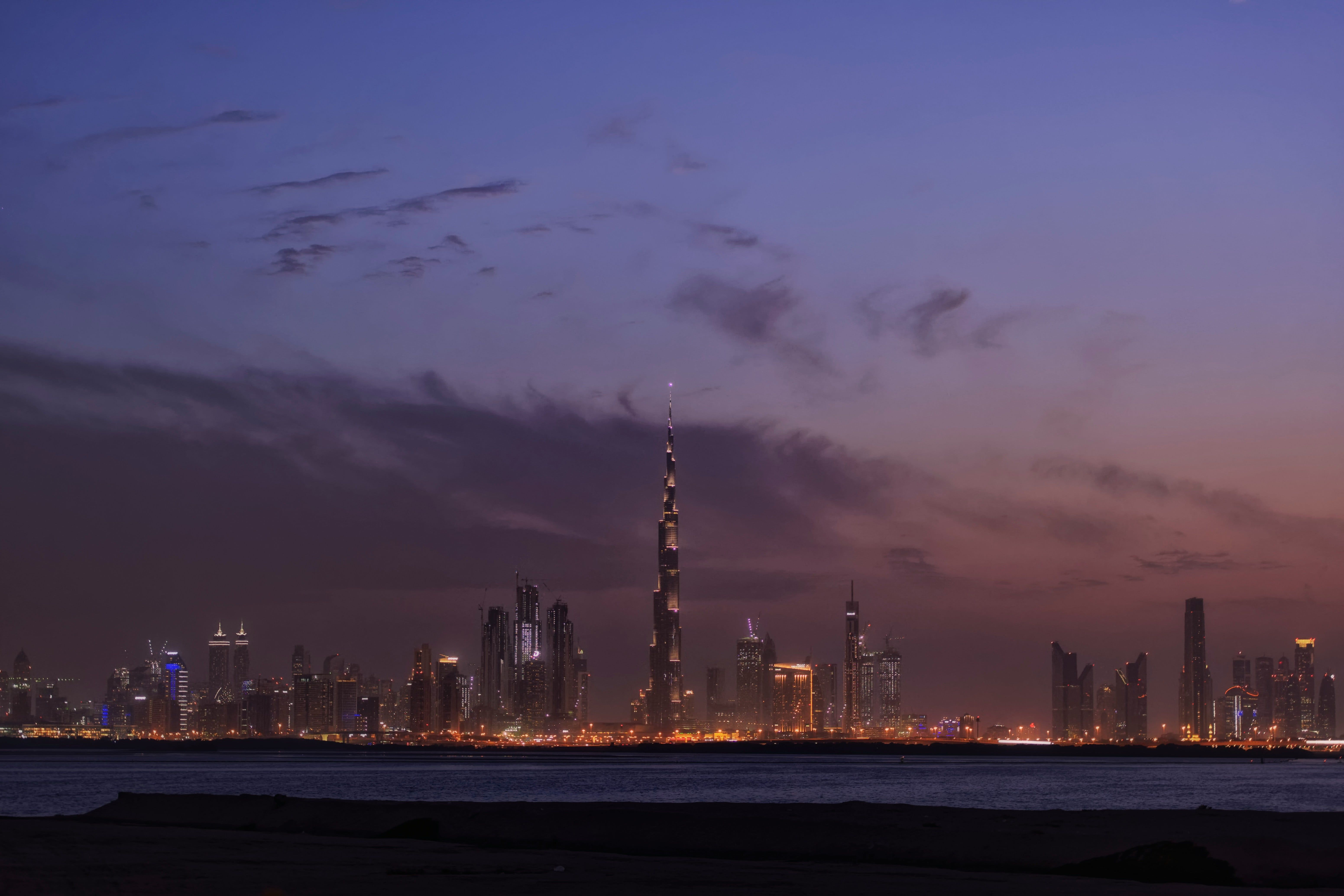
Cost of Living in Dubai
2025-04-01
Dubai is a global business hub with a competitive job market and tax-free income for expatriates. While the city offers high-quality healthcare, education, and infrastructure, the cost of living, particularly for housing and schooling, can be significant. Job opportunities exist in finance, technology, and tourism, but salaries must be weighed against the high cost of living. Dubai's climate, strict regulations, and cultural expectations also play a significant role in expatriate life. Careful planning is essential before relocating to this city.
Introduction to Dubai
Dubai is a modern city in the United Arab Emirates (UAE), located on the southeast coast of the Arabian Peninsula along the Persian Gulf. Known for its scorching summers and mild winters, Dubai's desert climate sees temperatures exceeding 40°C in the summer months, making air conditioning essential. Winters are pleasant, with temperatures averaging around 25°C.
Economy and Employment
Dubai’s economy is built on a foundation of trade, tourism, and real estate, with significant contributions from financial services and aviation. It’s a global hub, hosting multinational corporations like Emirates, DP World, and Emaar Properties. However, the city faces economic challenges such as its reliance on expatriate labor and oil market fluctuations.
Immigration Requirements
To work in Dubai, expatriates need a work visa, typically sponsored by their employer. The process is streamlined but involves medical tests and background checks. Once employed, expatriates can also apply for residence permits, renewable for the duration of employment.
Job Market and Opportunities
Dubai's job market is competitive, especially in sectors like finance, technology, construction, and tourism. Salaries can vary widely depending on the industry, with competitive pay often offered in finance and real estate. Work culture in Dubai is fast-paced but emphasizes networking and professional relationships, with career growth driven by performance.
Cost of Living Living in Dubai can be expensive, particularly in areas like housing, healthcare, and education. Here's a breakdown of key expenses:
- Housing Rent is high, particularly in popular expatriate areas like Marina and Downtown Dubai. A two-bedroom apartment in the city center can cost around AED 100,000 to AED 180,000 annually.
- Groceries Grocery prices are moderate but can vary depending on whether you buy local or imported goods.
- Healthcare Private healthcare is excellent but expensive, with health insurance being a necessity.
- Education International schools are costly, with annual fees ranging from AED 30,000 to AED 100,000.
- Transport Public transport, including the metro, is affordable, but many expatriates rely on cars due to the convenience. Fuel is cheap compared to global standards.
- Dining Out and Entertainment Dining out ranges from affordable local spots to luxury restaurants. Alcohol is highly taxed, and a night out can be expensive.
Expensive vs. Cheap Items
Housing, alcohol, and education are notably expensive in Dubai. On the other hand, personal care services, fuel, and electronics tend to be more affordable.
Quality of Life
Dubai offers a high standard of living, with world-class infrastructure, safety, and recreational facilities. Expats enjoy tax-free incomes, but the high cost of living can offset the benefits. Traffic congestion and extreme summer heat are common complaints.
Pros and Cons of Living in Dubai
Pros: Dubai provides employees with a tax-free salary, high-quality infrastructure of life and a multicultural life.
Cons: high cost of housing and education, Harsh summer climate and strict laws regarding behavior in public.
Culture and Language
Dubai is a melting pot of cultures, with over 80% of the population being expatriates. While Arabic is the official language, English is widely spoken, especially in business settings. The city is tolerant of different religions, though Islam is the official religion, and there are expectations to respect local customs, such as dressing modestly and adhering to public behavior rules.
Healthcare System
Dubai has a strong healthcare system, with top-quality private hospitals and clinics. Expats typically need health insurance, as public healthcare is generally reserved for Emiratis. Health insurance options are plentiful, but plans can be costly depending on coverage levels.
Safety and Security
Dubai is one of the safest cities globally, with low crime rates and strict law enforcement. Political stability and efficient emergency services further enhance the sense of security. However, expatriates should be aware of strict regulations regarding public behavior, alcohol consumption, and drug laws.
Popular Residential Areas for Expats
Common residential areas for expatriates include Dubai Marina, Jumeirah Lakes Towers (JLT), and Downtown Dubai. These areas offer modern housing, close proximity to amenities, and an expatriate-friendly environment.
Education and Schools
Dubai has numerous international schools offering curricula like the British, American, and International Baccalaureate (IB). Admission can be competitive, with long waiting lists at top schools. Extracurricular activities are abundant, ranging from sports to arts and music.
Social Life and Recreation
Dubai boasts an array of dining, shopping, and entertainment options. Expats can enjoy beach clubs, luxury malls, and cultural festivals. There are also various sports clubs and community groups catering to different nationalities.
Transport and Connectivity
Dubai has a modern transportation system, including a metro, buses, and taxis. Roads are well-maintained, though traffic congestion is a regular issue during peak hours. Dubai International Airport is a major global hub, offering flights to nearly every corner of the world.
Unique Aspects of Dubai
Dubai is home to some of the world’s most iconic landmarks, including the Burj Khalifa, the tallest building on earth, and The Palm Jumeirah, a man-made island. These feats of engineering highlight Dubai’s ambition to stand out on the global stage.
Overall Cost of Living
Dubai is an expensive place to live, with high costs in areas like housing, education, and alcohol. However, low taxation and high-quality infrastructure make it an attractive option for many expatriates.
Use Xpatulator’s Cost of Living Calculators and Tools for informed decision-making about the cost of living in Dubai and the salary/allowance package required to maintain your current standard of living.